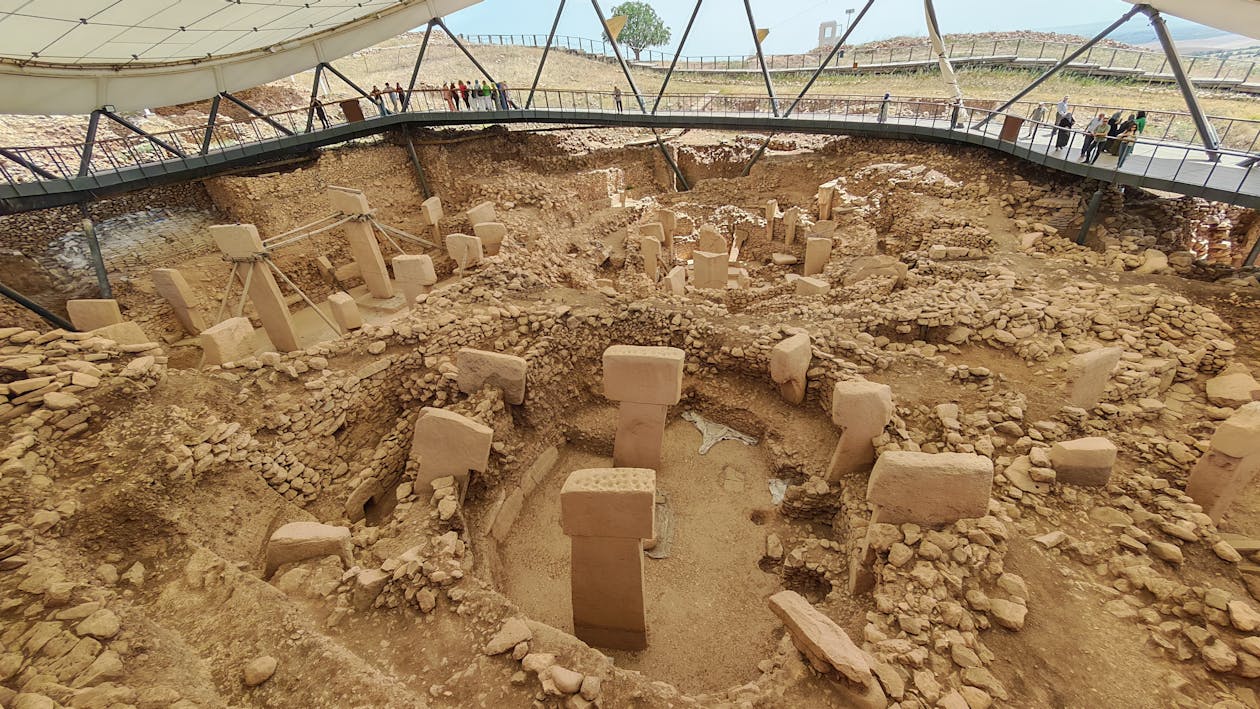
HOUSTON (AP) — Doris Brown was sleeping nearby when a neighbor knocked on her door, asking her to look outside. “There were no lights, nowhere,” Brown recalled of that summer night in 2023.
Brown’s solar panel and battery system kept it powered. She was ready for a night like this. “Call everybody,” he told the neighbor.
Soon about 15 “neighbors and neighbors of neighbors” were inside Brown’s three-bedroom, 1 1/2-bath house in northeast Houston. They phoned, cooked and showered before work and school. Some fell asleep.
“There were people sleeping everywhere,” said Brown, 75. She was happy to be a “port in a storm,” despite one downside: “They ate all my breakfasts.”
Brown’s house is one of seven “hubs” in the Northeast Houston Pilot Program, which aims to create emergency safe havens — not in shelters or community centers, but inside neighbors’ homes.
The idea was a grassroots response to decades of societal waste and neglect that got neighbors talking about what they could do to prepare for extreme weather and power outages.
“It’s helping us,” Brown said.
The project was slated to reach 30 more homes, until in August the Environmental Protection Agency canceled a $7 billion solar-for-all program that would have funded its expansion. Harris County, which includes Houston, is now one of the plaintiffs in several lawsuits over the repeal.
Those involved in the program acknowledge that hub homes are unconventional – requiring trust and community support and impacting fewer people than a large resiliency center.
But they also say they are effective in building pockets of preparedness in communities that cope with more extreme weather but lack the resources to do more.
“It was a way to increase resilience in neighborhoods that are often overlooked,” said Sam Celerio, director of the Texas program for the nonprofit Solar United Neighborhoods, which is involved in the pilot program.
A unique perspective
The idea for Hub Homes began after Winter Storm URI in 2021, when freezing temperatures crippled the Texas power grid for five days and led to 246 storm-related deaths, according to the U.S. Department of Health Services.
Loss of electricity contributed to many deaths, as those with health conditions could not refrigerate medicines or operate life-sustaining medical equipment. Nineteen people died from carbon monoxide poisoning from improperly using generators and grills to stay warm.
“We were like, ‘Shoot, a power grid failure is a serious thing we’re not prepared for.’
WSR purchased some generators for residents willing to share the resource. Brown, who nearly kills himself at URI, steps up.
The WSR added more equipment to the hubs, such as life jackets and kayaks, for flood evacuation, and conducted preparedness training for members.
When Washington, D.C.-based nonprofit Solar United Neighbors approached them with a private grant from the HIVE Fund to add free solar panels and batteries to several homes, WSR knew exactly where to install them.
The pilot had its challenges — some roof repairs had to be done before the solar panels could be placed, and the hub captains had to learn how to manage their batteries so they wouldn’t die.
Success also requires neighborly contact, which is often lacking in modern communities.
“You have to build that trust,” said David Espinoza, a hub home captain and co-director of community organizing and language outreach at West Street Recovery. The 34-year-old went door to door on his block, sometimes introducing himself to wary neighbors. “I know my neighborhood a lot better,” he said.
About a dozen people are signed up to Espinoza’s “roster,” but he said the hub is open to anyone in need, preferring elderly neighbors and children or those with medical conditions.
There are other upsides: The solar and battery system reduces greenhouse gas emissions, and cuts Espinoza’s utility bill in half.
Espinoza, who is bilingual, said that for neighborhoods like hers, with mixed-status, Spanish-speaking, and medically vulnerable households, the Hub houses are useful despite other shelters nearby.
“They can be a little easier on me,” he said.
‘Social Capital’
Efforts to strengthen local resilience have increased in recent years as communities deal with extreme weather, power outages and rising electricity prices.
Average annual power outage times have jumped over the past decade, according to Sarah Kotvis, senior fellow at clean energy nonprofit RMI.
“Communities need to think more strategically about resilience,” Kotvis said.
That readiness starts with connections between neighbors, said Rena Hannon, CEO and founder of Resilient Reddy and an expert on “social capital,” or “connections, trust and cooperation between people.”
“That’s the missing link in a disaster-resilient ecosystem,” Hannon said. “At the end of the day, the first thing you have to help you (in an emergency) is a person.”
As disasters get worse, first responders can’t help everyone at once, so neighbors should think of themselves as “zero responders.”
Many communities have turned to “resilience centers,” or locally trusted institutions like community centers or churches that include backup power, emergency supplies, and even year-round community services.
Ideally, flexible investing isn’t an either-or decision, said Sun Senior Texas Program Associate Dori Wolff. “Hubs are a piece of the web, and at the center of each of these nodes there should be a resilient core,” he said. “We need them all.”
‘a huge loss’
Solar United Neighbors and West Street Recovery plans to expand the program this fall as part of a $54 million grant awarded to Harris County by the EPA.
They intended to increase the number of Hub homes to 30, and add more batteries to existing homes to better run heating and air conditioning. The money would also have funded a local resilience center.
In August, EPA Administrator Lee Zilden canceled the EPA’s Solar for All program, which aims to help more than 900,000 low-income households with residential solar. Zelden said the “boondoggle” program authority was eliminated under Trump’s tax-and-spending bill.
“It’s a huge loss,” Celerio said. Both Solar United Neighbors and Harris County sued the EPA in separate lawsuits over the cuts this month, as did more than a dozen state attorneys general.
Harris County Interim County Administrator Jesse Dickerman said in a statement to The Associated Press, “It pulls the rug out from the very people the federal government is supposed to protect.”
West Street’s recovery isn’t giving up more hub houses. The nonprofit aims to fundraise and seek other grants through the community.
“These programs have been a huge help to the community,” Espinoza said. “It would be very difficult without federal government funding.”









